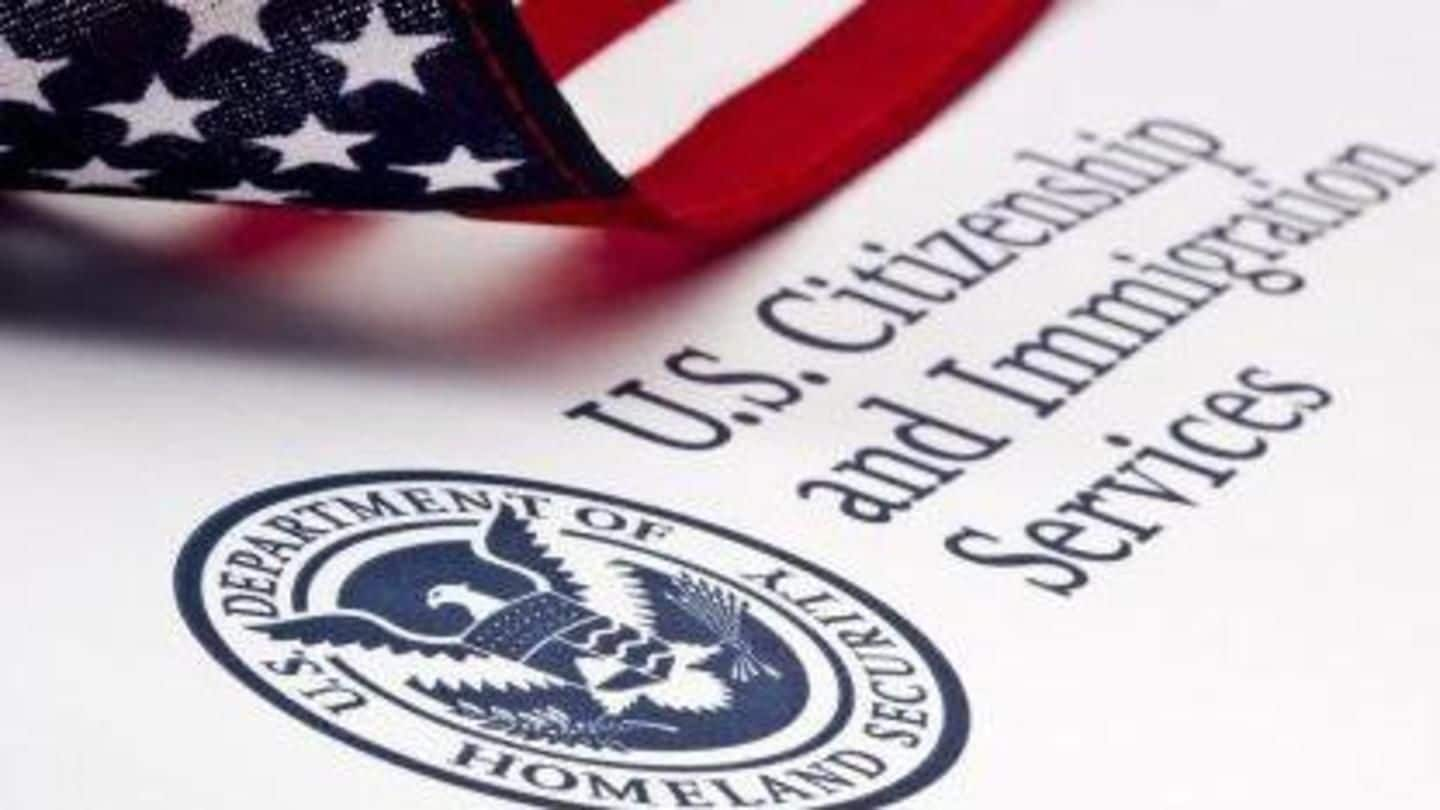
Multiple H1B applications would attract rejection: US warns foreign workers
What's the story
Multiple H-1B applications will lead to rejection of the petitions, a federal American agency has warned foreign workers, days ahead of the initiation of filing process for the non-immigrant visa, popular among Indian techies. The US Citizenship and Immigration Services (USCIS) has indicated that it would intensify scrutiny of such applications. The H-1B filing process begins from April 2 for the fiscal year 2019.
H-1B petitions
The H-1B filing process starts from October 1
H-1B petitioners who submit multiple cap-subject petitions on behalf of the same beneficiary undermine the integrity of the lottery process, USCIS said. "After notice, we will deny or revoke the approval of all H-1B cap-subject petitions filed for one beneficiary by 'related entities' unless there is a legitimate business need," it added. The fiscal year 2019 starts October 1.
Policy guidance
USCIS also issued policy guidance related to H-1B petitions
"Related entities" include petitioners, whether or not related through corporate ownership and control, that file cap-subject H-1B petitions for the same beneficiary for the same job, USCIS said. "Absent a legitimate business need to file multiple cap-subject petitions for the same beneficiary." It explained a petitioner could file one initial petition, and if accepted under the cap, file an amended/new petition for concurrent employment.
Cap-subject petition
Single employer "may not file more than one cap-subject petition"
The USCIS said that it will deny or revoke the approval of all H-1B cap-subject petitions filed by related entities for that beneficiary. Noting that a single employer "may not file more than one cap-subject petition for the same beneficiary even if there is a legitimate business need", it asserted that H-1B program did not permit speculative employment.
Job offers
An employer may extend a beneficiary more job offers occasionally
The federal agency, however, recognized that occasionally an employer may extend the same beneficiary two or more job offers for distinct positions and therefore may have a legitimate business need to file two or more separate H-1B petitions on behalf of the same alien. The rule, however, precluded that practice if the beneficiary is subject to the cap.
Loopholes
Multiple filings by one employer could create loopholes
USCIS recognized that allowing multiple filings by one employer on behalf of the same beneficiary could create a loophole for employers who seek to exploit the random selection process to the competitive disadvantage of other petitioners. Such employers could file multiple petitions on behalf of the same alien under the guise that the petitions are based on different job offers.